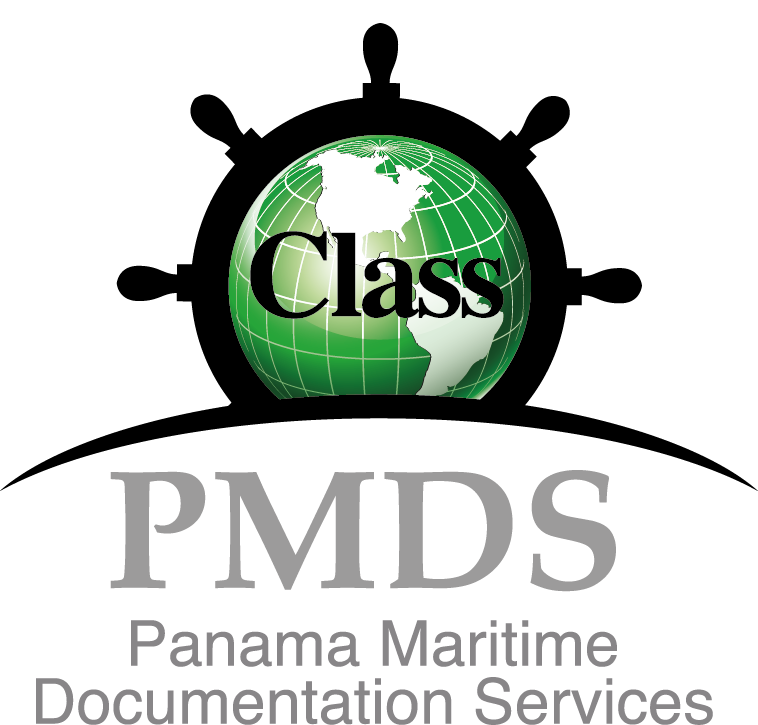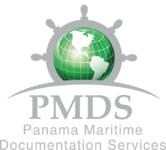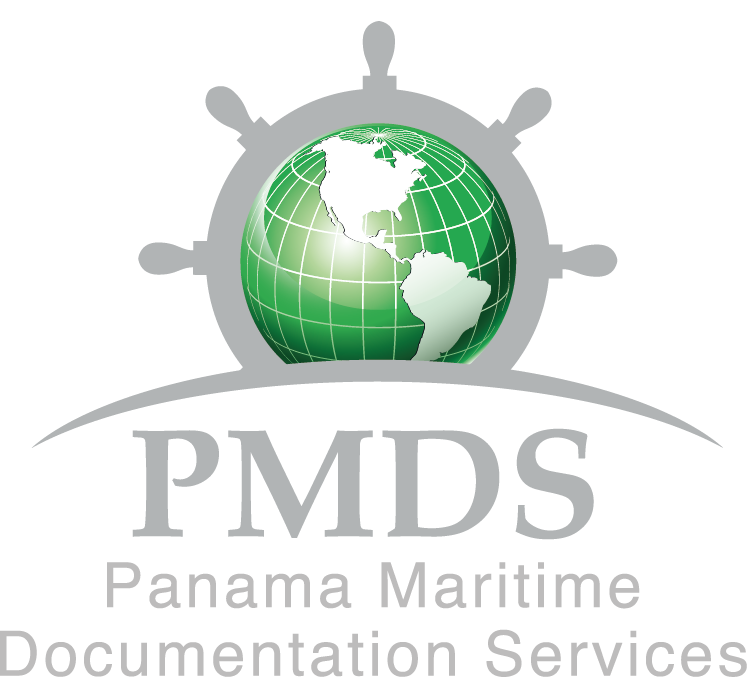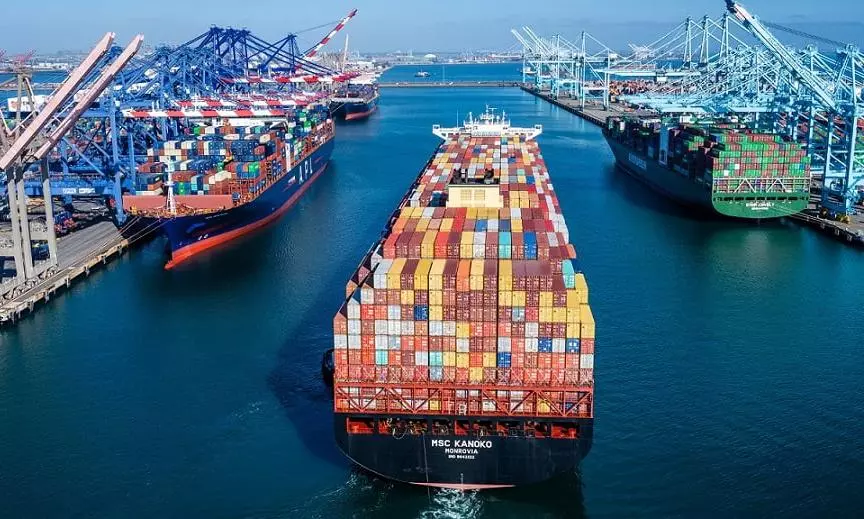
PSC Focus: Most Common Deficiencies CY2023
During 2023, ‘Fire Safety Code 07105 – Fire doors/openings in fire-resisting divisions’ was the number one Deficiency Code (DC) that marked worldwide to all ship segments, involving 2.54 %, of the total deficiencies of world ocean going fleet (148,078).
In addition, this DC was found in 3,637 inspections, a 5% of the 77,124 inspections conducted during CY2023 while this code was responsible for 276 detentions (appeared as detainable deficiency).
Considering that PSC Officers take into account all of the ship’s systems to ensure enhanced safety, the deficiency profiles of the various ship segments are not the same. Bulk carriers, general cargo, tankers, LNG/LPG, and containers make up the majority of ship types. The analysis will exclude the other ship types (vehicle carriers, offshore, Ro Pax, etc.) because they make up a relatively small portion of the global fleet. The code 15150-ISM will not be taken into account because it is not considered as a stand-alone code.
There are similarities and differences among the top 5 deficiency codes for different ship main segments. In particular:
- Code 07105-Fire doors / openings in fire-resisting divisions is within top 5 in all segments (this is the most common deficiency code during CY2023). This code is a technical code. Most of the problems are related to maintenance, water tightness, rusted handles, doors blocked to open position without reason and other items. A good maintenance approach on board can reduce the findings to the minimum.
- The second most common DC is 1110-Lifeboats, an item that causes a lot of issues on board. Lifeboats have a series of items involved, from technical issues (water tightness, engine, provisions, inventory etc.) to operational (launching, testing, marking, drills etc.). Lifeboats should always be in excellent condition because they are the primary abandon ship/rescue means on board.
- The third issue, common to 3 out of 5 segments, is 04103 – Emergency, lighting, batteries and switches. This is one of the most unpredictable items. A thorough maintenance plan and a productive inspection schedule, however, can keep the crew updated on issues.
- Auxiliary Engines (code: 13102) also seems to be an issue during PSCIs of CY2023 as it was highly ranked in most segments.
Apart from simple deficiencies, there were 422 deficiency codes responsible for 12,030 detainable deficiencies leading to 2,378 detentions, during CY2023.
The most common detainable deficiency code was 11101-Lifeboats (responsible for 319 detentions). Again, the code 15150-ISM is excluded from the review (it was marked as detainable 719 times).
How to avoid deficiencies and detentions
It is very difficult to predict deficiency codes without good analytics and feedback. From a total of 587 different deficiency codes available to PSCOs in the CY2023, a number of 568 was used at least once. The 422 of them were marked as detainable at least once. Consequently, attempting to identify a pattern through generic preparation checklists derived from global statistics and standard codes will prove ineffective for every port or MoU.
The key question remains: How can a ship manager or operator properly prepare vessels to avoid failures and detentions? Without sound analytics and feedback, predicting deficiency codes is exceedingly challenging.
“The best way to get ready for any future ship inspection is to be prepared for each port separately.”
This can be done by conducting a risk assessment that considers the history of the port deficiency profile for the particular ship segment and the ship and management PSC history. A combination of these items can provide operators and ship managers with a Ship/Port/Manager specific checklist including priorities and applicable codes, to be prepared based on accurate statistical analysis.
For additional information contact us : corporate@panamamaritime.com

 (507) 6780-7942
(507) 6780-7942
